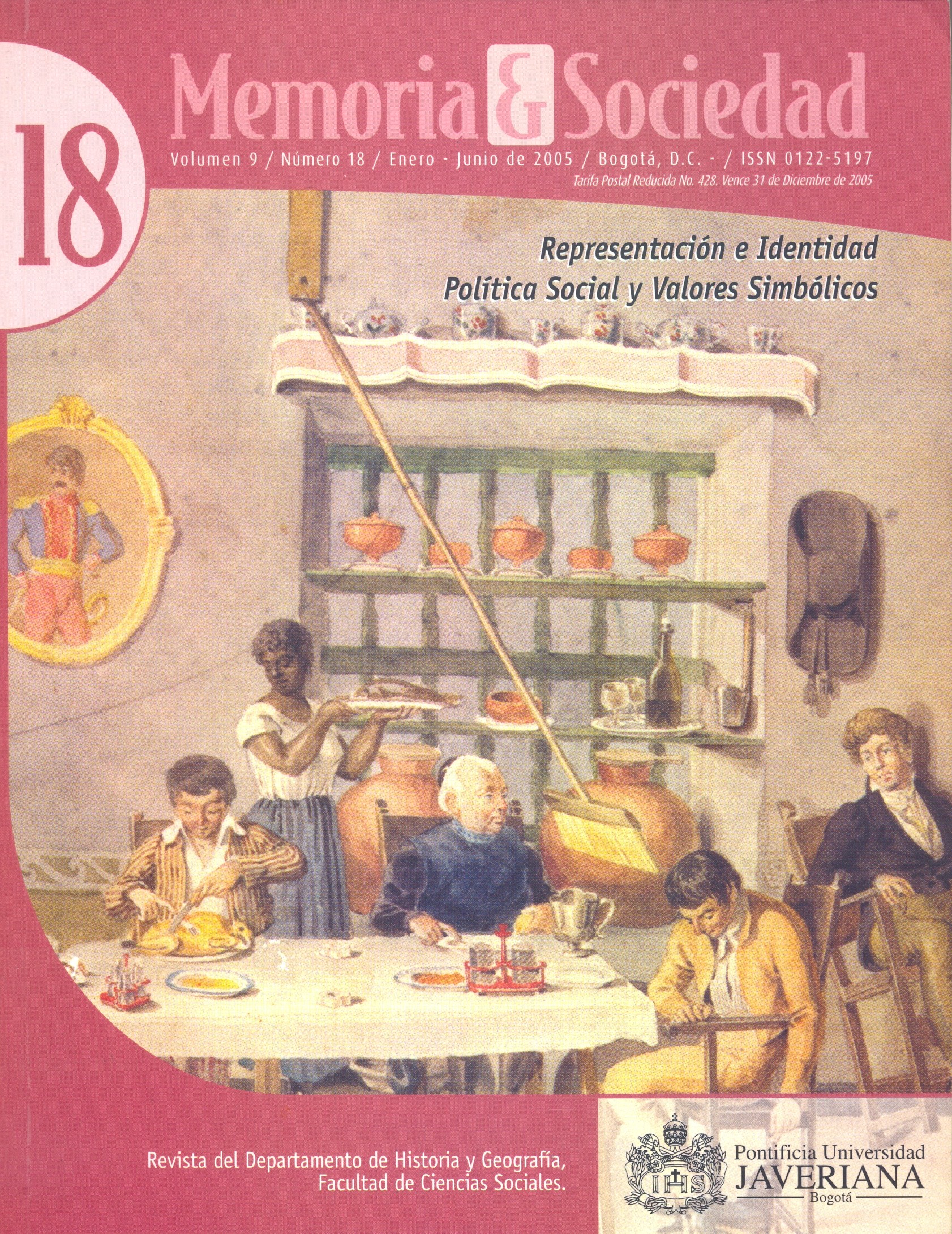Abstract
This article is based on the fact that throughout the historical development the archaeological research on the Colombian eje cafetero has worked upon the interpretations that say that the inhabitants of this area belonged to different cultures. These cultures can be traced in the archaeological record through the identification of the stylish, formal and decorative features of the evidence. Thus the archaeological reconstruction of the human occupation of this region has taken place as a temporary and spatial succession of different cultures, reason why the variation and richness of the change processes that probably occurred in the zone have been ignored. It is how a reconstruction in which the change processes are understood as a consequence of migrations, invasions or dissemination becomes valid. These premises have directed the sight of the researchers limiting clearly the problems that can be studied by the archaeological research, establishing the chronology as a priority and as a central topic of the archaeology.The journal Memoria y Sociedad is registered under a Creative Commons Attribution 4.0 International Public License. Thus, this work may be reproduced, distributed, and publicly shared in digital format, as long as the names of the authors and Pontificia Universidad Javeriana are acknowledged. Others are allowed to quote, adapt, transform, auto-archive, republish, and create based on this material, for any purpose (even commercial ones), provided the authorship is duly acknowledged, a link to the original work is provided, and it is specified if changes have been made. Pontificia Universidad Javeriana does not hold the rights of published works and the authors are solely responsible for the contents of their works; they keep the moral, intellectual, privacy, and publicity rights.
Approving the intervention of the work (review, copy-editing, translation, layout) and the following outreach, are granted through an use license and not through an assignment of rights. This means the journal and Pontificia Universidad Javeriana cannot be held responsible for any ethical malpractice by the authors. As a consequence of the protection granted by the use license, the journal is not required to publish recantations or modify information already published, unless the errata stems from the editorial management process. Publishing contents in this journal does not generate royalties for contributors.

